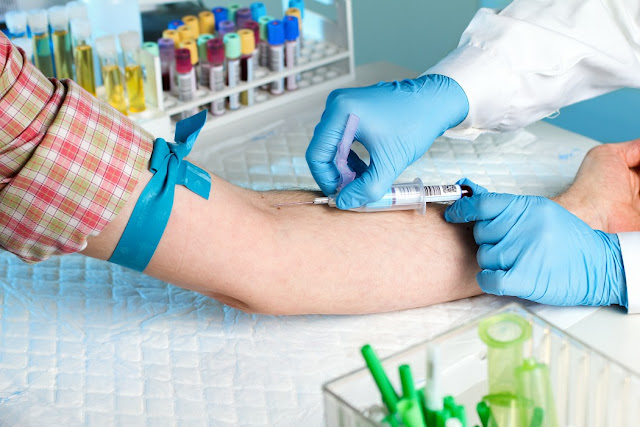Finding Your Voice: The Transformative Journey from Patient to Powerful Self-Advocate
For the longest time, I felt like I was playing a supporting role in a movie about my own life.
My role? "The Patient." My script was simple: listen to the doctors, take the medication, and just… exist. It is a strange, hollow feeling, isn't it? Being defined by a condition rather than the person living with it. For years, I felt like a passenger in my own body, watching the scenery go by while someone else held the steering wheel.
But recently, I embarked on a journey that changed everything: I found my voice.
If you have ever felt small in a sterile doctor’s office or overwhelmed by medical jargon, I want you to know that you aren't alone. And more importantly, I want you to know that there is a way out of the passenger seat.
The Shadow of Silence
When I was younger, my world was shielded by my parents. They were my advocates, my fiercest defenders. They fought the battles, translated the medical language, and ensured I got the best care possible. I will be forever grateful for their armor.
But as I grew older, the armor that once protected me began to feel like a cage. I realized that I couldn't hide behind them forever. The fight wasn't just theirs anymore; it was mine.
The transition wasn't easy. Honestly, who wants to talk about their medical issues all the time? It felt private, sometimes embarrassing. There were days when I sat in an exam room, nodding along while the doctor threw around terms I didn't understand, too afraid to ask the "dumb" questions. There were moments with friends when a bleed would happen, and I just wanted to disappear, terrified of being a burden.
Have you ever felt that? The heavy silence of not wanting to make a fuss?
The Spark of Self-Advocacy
The shift didn't happen overnight. It was slow. It started with a whisper.
I began to realize that this is my body and my life. That meant I had a right to understand what was happening inside it. I started asking those questions I was afraid to ask. I researched my condition, digging into the ins and outs until the fog of confusion lifted.
It was like a light bulb switching on. Knowledge replaced fear.
Self-advocacy in the hemophilia community isn't about being loud, aggressive, or difficult. It isn't about demanding the impossible. It is about transformation. It is about moving from someone who passively receives care to someone who actively participates in it. It is looking your healthcare team in the eye and saying, "This is what I need," or "I don't understand, please explain it again."
You Are Not an Island
One of the most profound discoveries I made was the power of community.
For a long time, I thought my experience was isolating—that I was the only one struggling to find the words. But when I finally connected with others in the hemophilia community, the shame evaporated. Hearing their stories, seeing how they navigated their challenges, it gave me permission to speak up.
We are all in this together. And when we share our voices, we create a roar that cannot be ignored. Your voice matters. Your pain is valid. Your hopes are important. And by sharing them, you aren't just helping yourself; you are potentially lighting the way for someone else who is stumbling in the dark.
Start Small, Dream Big
I am not saying I am perfect at this now. There are still days when the exhaustion hits, and I don't have the energy to fight for myself. There are still moments of frustration. But I have learned that my voice is the most powerful tool I have.
If you are reading this and feeling like you are still just a "patient," I get it. The leap can feel daunting. But you don't have to start with a scream. You can start with a whisper.
- Ask one question you’ve been afraid to ask.
- Share one feeling you’ve been holding back.
- State one preference during your next treatment.
These are not small acts. They are revolutionary.
Empowering Each Other
Let’s make a pact to stop letting our diagnosis define us. We are more than our bleeding disorders, more than our infusions, and more than our medical charts.
We are advocates. We are warriors. We are partners in our own health care. And together, our collective voices can demand better care, greater understanding, and a brighter future for everyone living with hemophilia.
Your story is worth telling. The world needs to hear it.




Comments
Post a Comment